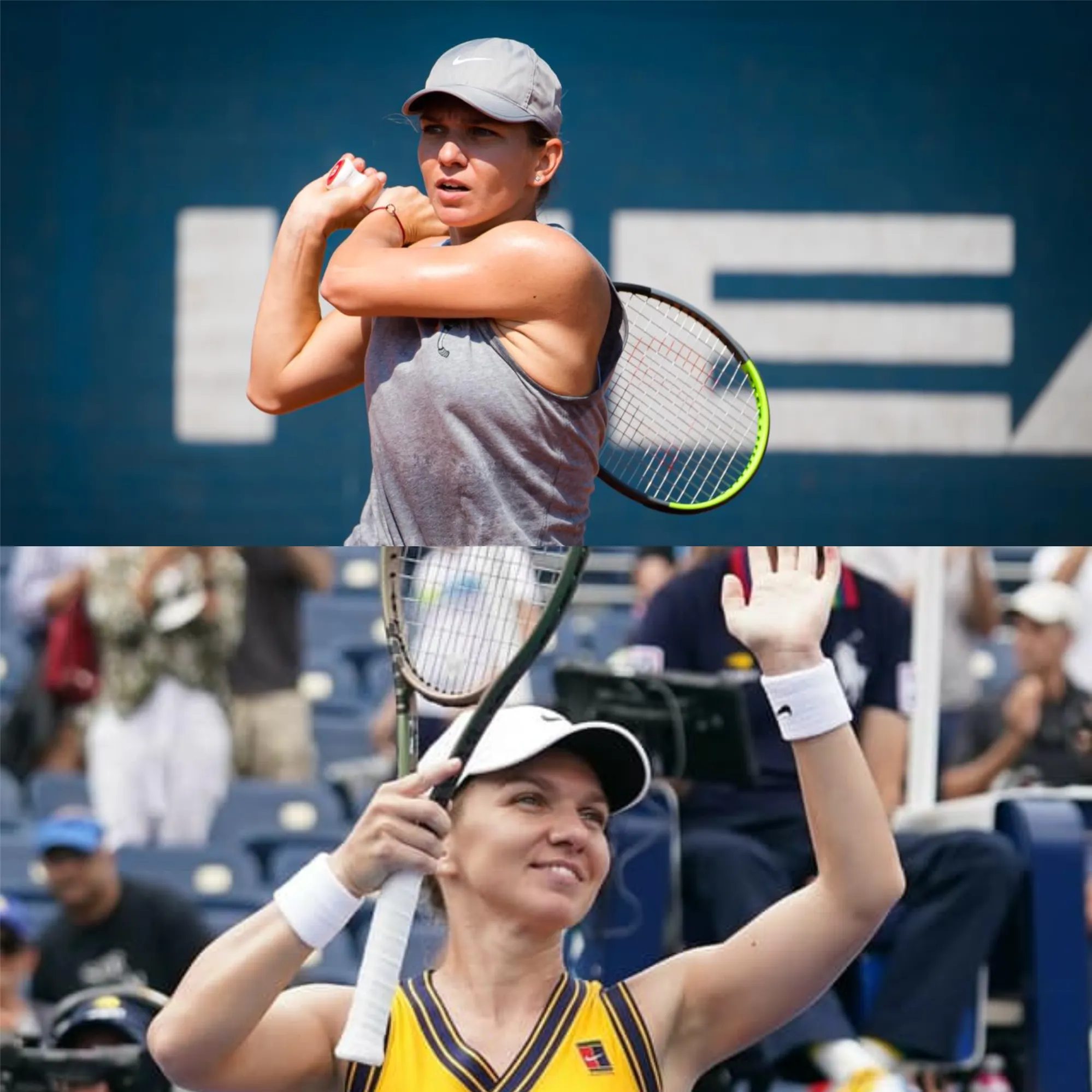Simona Halep Criticizes Doping Case Handling of Jannik Sinner and Iga Swiatek

Simona Halep has voiced her concerns over the alleged secrecy surrounding the doping cases of Jannik Sinner and Iga Swiatek, describing the approach taken by the authorities as “very strange.” Halep, currently serving a doping ban, highlighted disparities in how cases involving prominent tennis players are managed.
Jannik Sinner’s Doping Case Sparks Controversy
In August, the International Tennis Integrity Agency (ITIA) revealed that Jannik Sinner tested positive twice for clostebol, a banned anabolic steroid, in March. Despite this, Sinner avoided suspension after an independent tribunal ruled that he bore “no fault or negligence.”
The tribunal accepted Sinner’s explanation that the banned substance entered his system through a spray containing clostebol, which was applied by a former physiotherapist to treat a finger injury. However, the World Anti-Doping Agency (WADA) has appealed the decision to the Court of Arbitration for Sport (CAS), seeking a suspension of up to two years for the Italian tennis star.

Iga Swiatek’s One-Month Suspension
Meanwhile, Iga Swiatek, a five-time Grand Slam champion, tested positive for trimetazidine, a prohibited substance, during the Cincinnati Open in August. Last week, ITIA announced a one-month suspension for Swiatek, citing “no significant fault or negligence.”
Swiatek served her provisional suspension from September 12 to October 4, effectively covering 22 days of the ban before it was publicly disclosed. During this time, the 23-year-old Polish player was forced to skip major WTA 1000 events in Beijing and Wuhan.
Swiatek returned to action at the WTA Finals in Riyadh in November and later competed at the Billie Jean King Cup Finals in Malaga. Currently ranked world No. 2, Swiatek is eligible to participate in the United Cup and the Australian Open, marking her next scheduled tournaments.
Simona Halep’s Four-Year Ban Raises Questions
Simona Halep received a four-year ban in September for testing positive for Roxadustat, a banned blood-doping agent, during the 2022 US Open. In March, her ban was reduced to nine months following an appeal to CAS, enabling her to resume playing after serving the required suspension.
Halep argued on Instagram that there is a “big difference in treatment and judgment” between her case and those of other players like Sinner and Swiatek. She pointed to the secrecy surrounding their cases, contrasting it with the media scrutiny and harsh penalties she faced.

Halep’s Call for Transparency
Halep’s concerns underline the need for greater transparency in handling doping allegations. She highlighted that inconsistent treatment of cases could undermine trust in anti-doping authorities. The Romanian player remains vocal about the challenges athletes face when defending themselves, particularly when their cases are made public prematurely or handled differently.
A Broader Debate on Fairness in Tennis
The contrasting outcomes of Sinner and Swiatek’s cases, compared to Halep’s ban, have sparked broader debates about fairness in tennis’ anti-doping efforts. While Sinner awaits the final verdict from CAS, Swiatek has resumed her career, with minimal disruption to her tournament schedule.
Halep’s criticism sheds light on the complexities of doping cases in tennis, raising questions about equality and the role of transparency in protecting athletes’ rights. As these cases evolve, they are likely to shape future discussions on how the sport addresses anti-doping violations.







